15 Awesome Rebus Puzzles for Kids
- What Are Rebus Puzzles? How Have They Been Used Over Time?
- Tips to Solve Rebus Puzzles
- Benefits of Rebus Puzzles for Kids
- 15 Fun and Interesting Rebus Puzzles With Answers for Children
- FAQs
Rebus puzzles are creative brain teasers that use pictures and words to create a story. Some rebus puzzles are fantastic for kids and can test young minds.
These fun brain teasers combine letters, numbers, and pictures to form words or phrases. These games are a great way to help children improve their reading skills by thinking logically and using multiple perspectives to solve the riddle. They help children solve problems by deciphering picture clues and using logic to figure out the words. These games also develop working memory, an important life skill that can help children in many areas later in life.
These puzzles can be very entertaining for kids of all ages. Here are some excellent examples of rebus puzzles for kids with answers
What Are Rebus Puzzles? How Have They Been Used Over Time?
Rebus puzzles use pictures to describe a word, phrase, or saying. The answers are hidden in puzzle boxes. The picture clues represent the phrase if the text is in object form (1). Once the solver has the answer, they must find the picture’s words. They may have to use context clues or synonyms to solve the puzzle. Once the answer is determined, it usually becomes obvious to the player that they have found the correct words.
Rebus puzzles are a fun and challenging way to decipher words and phrases. Some people use them to help children learn to read, and they can also be a great source of inspiration for other types of puzzles. Rebus puzzles are a great way to learn new words and phrases and develop critical thinking skills. However, you should remember that rebus puzzles aren’t just for kids.
Easy Rebus Puzzles can be a fun way to learn new words. They are great for brain teasers and can be challenging to solve. You can use them daily to increase your vocabulary and boost your brainpower. Rebus puzzles are an excellent way to improve your problem-solving skills. The Reading Rebus project has an extensive library of rebuses and puzzles to inspire you.
Tips to Solve Rebus Puzzles
It may be challenging to begin with a Rebus puzzle. The answer to a Rebus problem may be encoded in one of the different tips for solving it.
- Strategically position letters and symbols: Encrypting a rebus message is often performed by strategically positioning letters and symbols on the canvas and concerning one another. You may use synonyms to describe symbols, letters, and words. Rebus cues may also appear as an arrow, bolded, or underlined text indicating where to look.
- Get hold of a Rebus Puzzle guide: Words spelled in a manner other than the standard left-to-right order may hold the key to the answer. Rebukes with text and words scrolling up and down and shown on their side should be considered.
- Know the size intersection: Size intersection answers a Rebus problem. Rebuses may be used to express ideas such as enormous or little, narrow or wide, etc.
- Pursuit secret numbers in an interactive Rebus: Certain Rebuses may put you to the test due to the frequency with which they employ numbers and their similarity to other English phrases.
- Know the puzzle’s colour codes: Rebuttals containing non-black words or symbols will likely require a correct response. More cryptic colour names, like Rose, are popular in Rebus puzzles.
- Know its font style: A project’s success or failure may be influenced by its font style. It may characterise tall, slim, slanted, or bold people.
- Note the picture in the center of the pieces: In some instances, a Rebus puzzle may include a picture. The picture will almost certainly significantly influence the solution.
Benefits of Rebus Puzzles for Kids
Rebus puzzles are perfect for building critical reasoning skills and improving reading skills. These puzzles require you to decode pictures by following instructions. These also help develop logical skills by helping kids remember different words and patterns. Rebus puzzles are a great way to get kids thinking.
In addition, these puzzles can be used in a classroom setting and are great for keeping kids occupied during vacations. They are also fun to solve with the whole family. Here are some of the benefits of Rebus Puzzles for kids.
- Rebus Puzzles for kids promote cognitive development. Aside from providing valuable family time, rebus puzzles for kids also promote cognitive development by developing critical thinking skills and developing logical thinking and reasoning (2). As rebus puzzles comprise pictures, they will help your kids learn how to interpret words. The words and phrases represented in rebus puzzles usually relate to each other and boost their reading comprehension. These games also increase children’s vocabulary and strengthen their language comprehension.
- Rebus puzzles are great for developing visual understanding skills. The children are encouraged to use their imaginations and think outside the box to find answers. This will also improve their vocabulary and pronunciation. They will learn to work with new words and phrases. They will build their rebus puzzles and be proud to show them off to their friends. These are also a fun and educational way to pass the time.
- The variety of rebus puzzles available online makes finding the perfect one for your child easy. These games are fun to help your child improve their language and creativity skills. You can even play them with teams or in pairs. Rebus puzzles can be integrated into different subjects, including science, history, poetry, etc. They can be used as revision aids and fun to complete as part of a school project.
- Rebus puzzles can also improve your child’s vocabulary and visual understanding. The pictures are easy to spot, so your child can work with them in groups. The puzzles also boost your child’s reasoning and vocabulary. Rebus puzzles are a great way to promote your child’s mental health. There are many benefits to rebus puzzles for kids. The games will improve their language skills, develop their memory, and increase their confidence.
- Rebus puzzles help your child improve their spelling and vocabulary. They will learn to match words, phrases, and pictures to solve the mystery. This will help your child develop their language and increase their concentration. The rebus puzzles will also teach your child how to spell words and phrases and improve memory. Aside from that, rebus puzzles will also develop their critical thinking skills (3).
15 Fun and Interesting Rebus Puzzles With Answers for Children
Rebus puzzles with solutions for kids and young adults are available here for your perusal and enjoyment. Make a game out of recognizing words in photos.
Use these pictograph games and puzzles to test your skills and share them with others—ten amusing and intriguing pictogram puzzles with answers for kids to remember.
1. Can you solve this Rebus Puzzle: di et on a see-saw?

Answer: A balanced diet.
2. What is the meaning of this Rebus Puzzle: over over?

Answer: Over and over again.
3. What is the meaning of this Rebus puzzle: ROADS ROADS?

Answer: CrossRoads
4. Can you solve this rebus puzzle: Cycle Cycle Cycle?
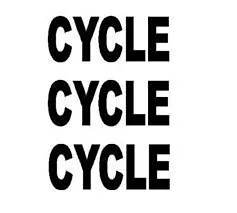
Answer: Tricycle
5. What’s the meaning of this puzzle: CHIMADENA?

Answer: Made in China – Chi(Made)na
6. Can you solve the Rebus puzzle: i with a shadow?

Answer: Eyeshadow
7. What would you assume of this Rebus Puzzle: S T I C K?

Answer: Stick around
8. What is the meaning of this Rebus phrase: arrow under I of TIGER?

Answer: The eye of the tiger.
9. Can you figure out what this rebus puzzle says: I, Bee, Leaf, U?

Answer: I believe in you.
10. What does this Rebus Puzzle mean: I and D on a can?

Answer: Eye candy
11. What does this rebus puzzle indicate: the word ‘Once’ and a ‘clock’?
Answer: Once upon a time
12. What do you think this rebus puzzle means: Get It, Get It, Get It, Get It?
Answer: Forget it
13. Do you know what this rebus puzzle is trying to say: Secret with a left arrow, secret, secret?
Answer: Top Secret
14. What could this rebus puzzle mean: M1Y L1I1F1E?
Answer: For once in my life
15. This rebus puzzle is tricky! Can you solve it: Try Stand/2?
Answer: Try to understand
FAQs
1. Are rebus puzzles suitable for all ages?
Rebus puzzles can be adapted to different age groups, making them suitable for kids of various ages. Younger children may enjoy simpler puzzles with basic images, while older kids can tackle more complex puzzles with abstract symbols.
2. How can I create Rebus puzzles for kids?
You can use simple drawings, symbols, or letters to create Rebus puzzles for kids to represent words or phrases. Start with easy puzzles and gradually increase the difficulty as children become more proficient at solving them.
3. How can I help kids solve Rebus puzzles?
Encourage kids to look at each puzzle element carefully and think creatively about how the images or symbols could represent words or phrases. Provide hints or guidance when needed to help them develop their problem-solving skills.
In rebus puzzles, images or phrases are utilized to express a message, which is usually a common idiom or term (also known as using visual puzzles or image riddles). You must consider the word placement, size, colour, and quantity to solve them. Regardless of the challenges, keep at it; it will soon become a fun activity to look forward to!
References/Resources:
1. Rebus Puzzles Brainteasers; Kids Environment Kids Health; https://kids.niehs.nih.gov/games/brainteasers/rebus-puzzles
2. The Benefits of Puzzles for the Brain; Progress Lifeline; https://www.progresslifeline.org.uk/news/the-benefit-of-puzzles-for-the-brain
3. Gritsevskiy A., et al.; REBUS: A Robust Evaluation Benchmark of Understanding Symbols; arXiv; https://arxiv.org/html/2401.05604v1
Also Read:
Jigsaw Puzzles for Kids
Math Puzzles for Children
What Am I Riddles for Children
Was This Article Helpful?
Parenting is a huge responsibility, for you as a caregiver, but also for us as a parenting content platform. We understand that and take our responsibility of creating credible content seriously. FirstCry Parenting articles are written and published only after extensive research using factually sound references to deliver quality content that is accurate, validated by experts, and completely reliable. To understand how we go about creating content that is credible, read our editorial policy here.






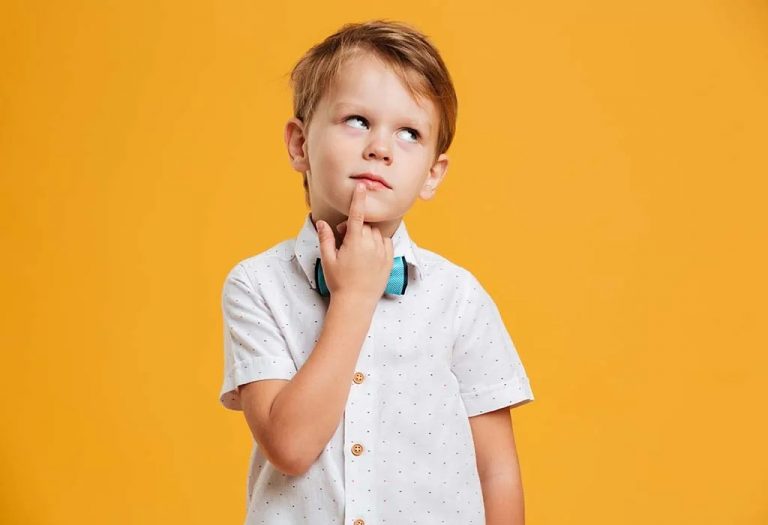

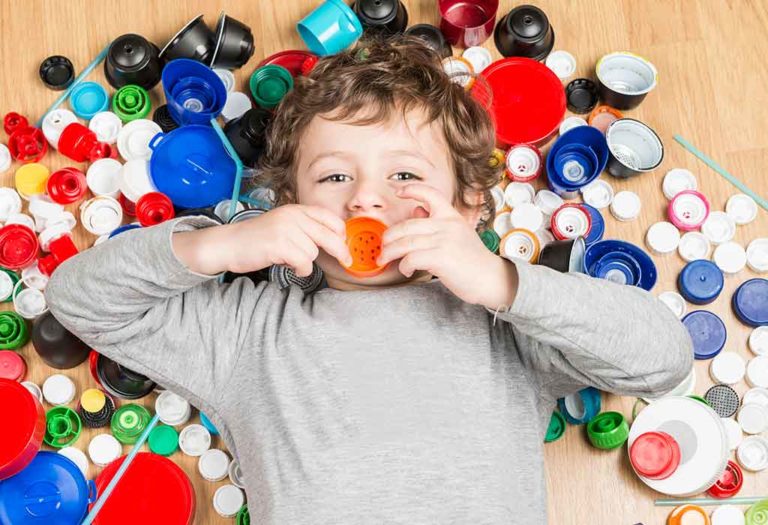
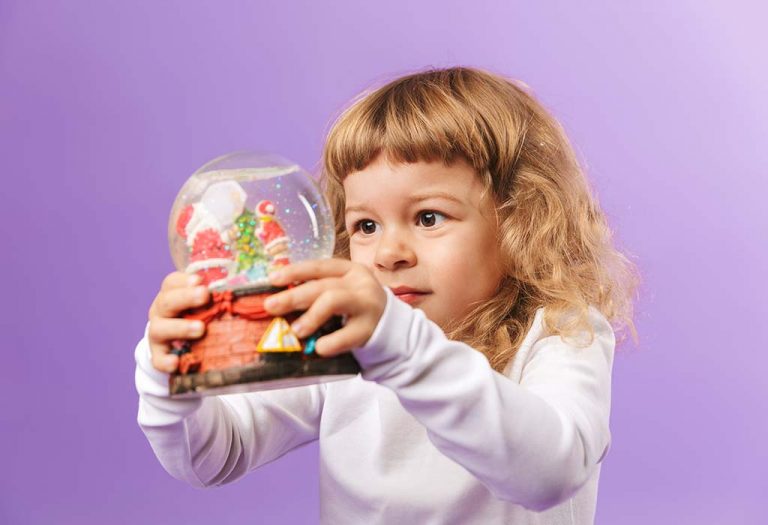

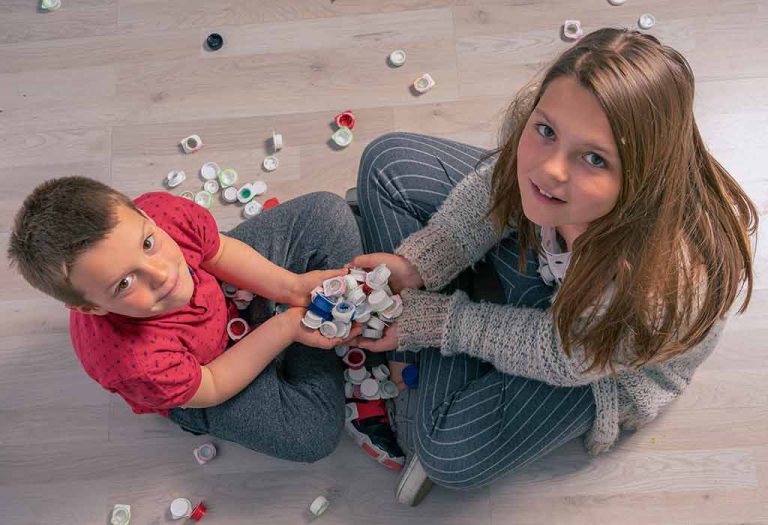


.svg)
















